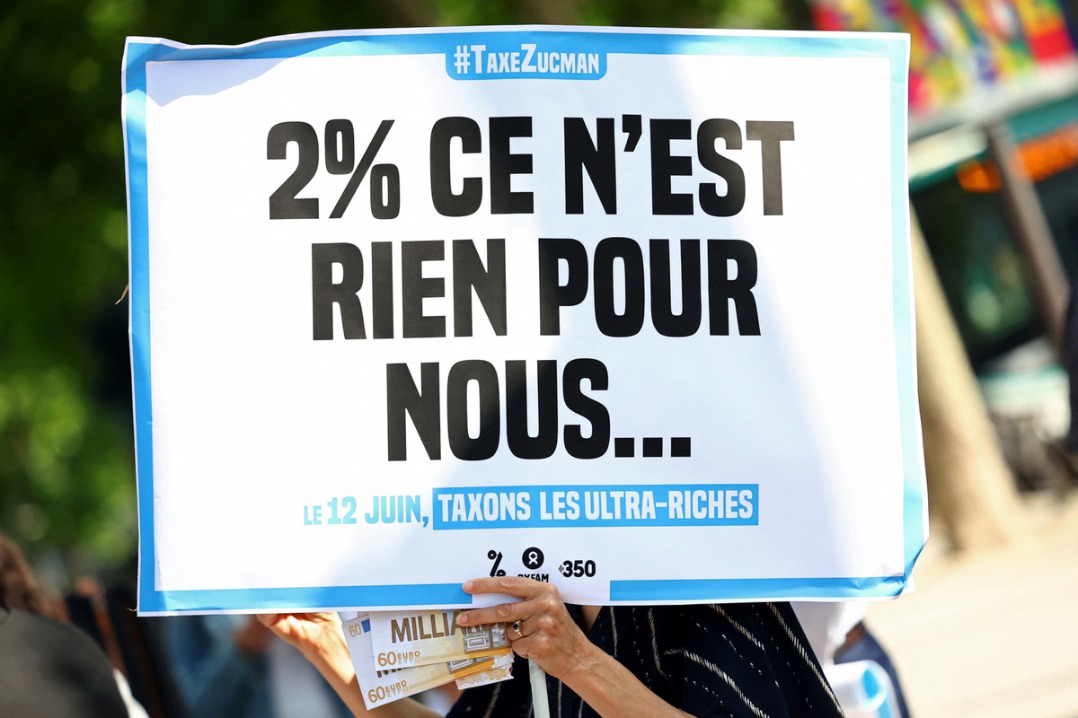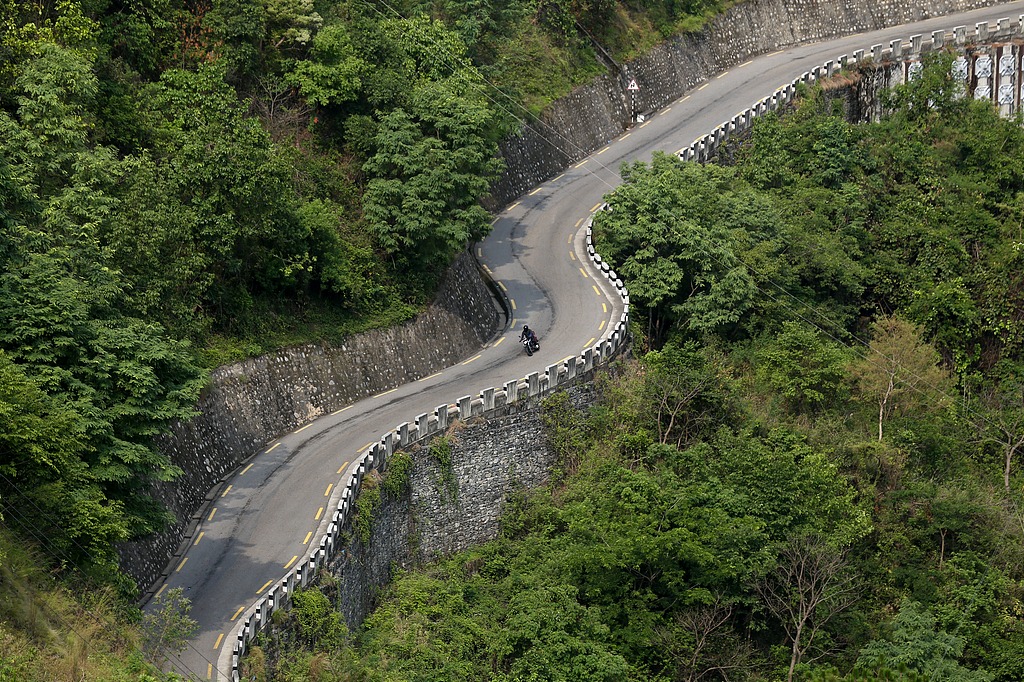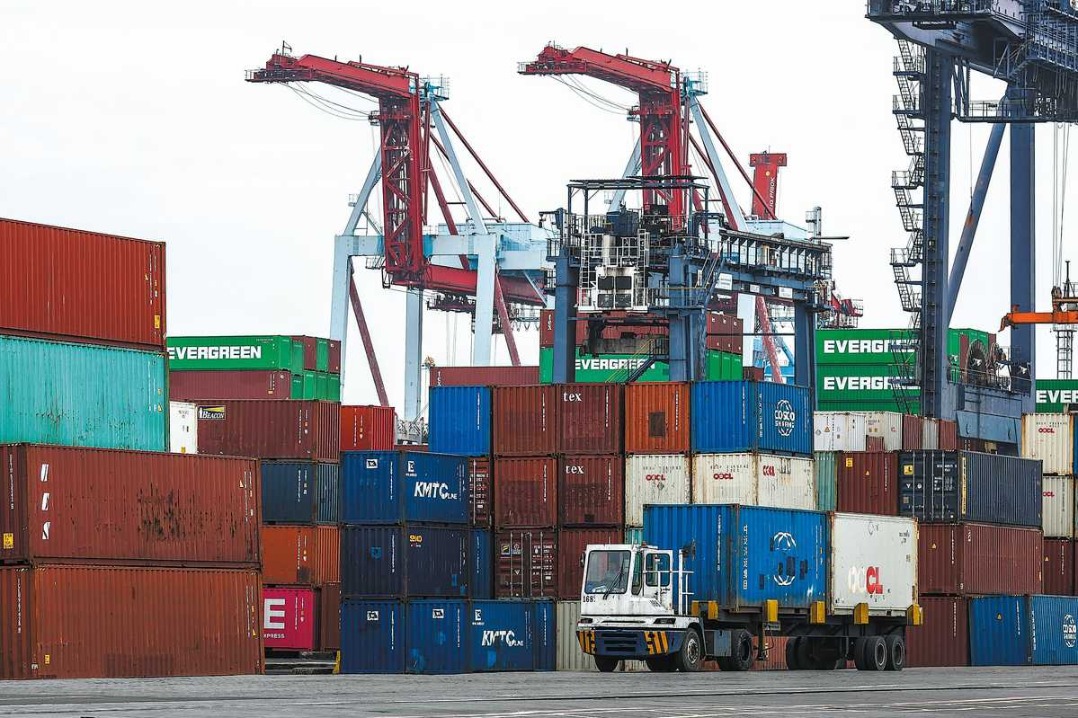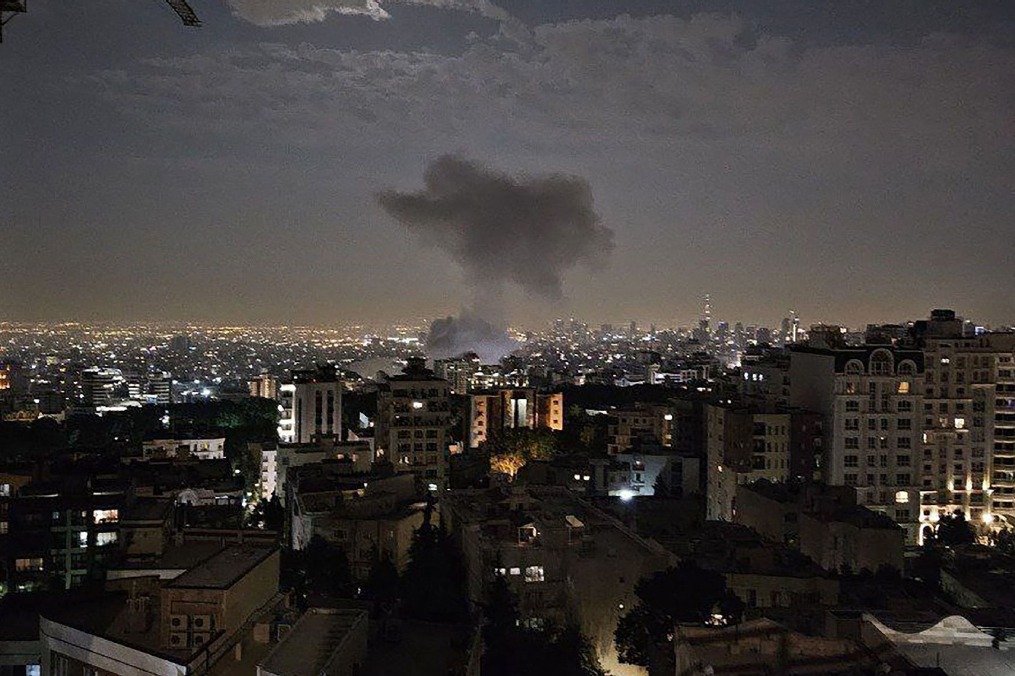Tensions escalate as Israel strikes Iran

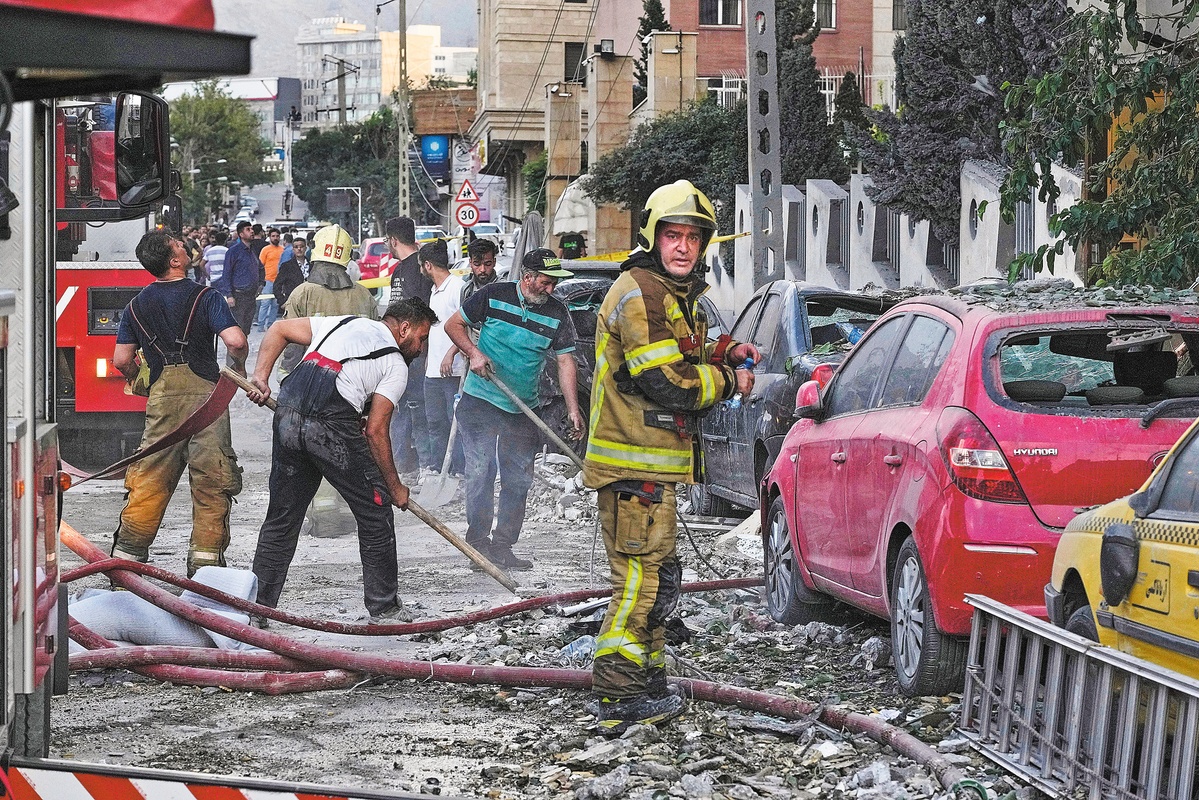
Israel carried out sudden, massive airstrikes against Iran on Friday, targeting its nuclear facilities, ballistic missile factories and military commanders, as the first waves of a military operation. Observers said regional tensions were expected to escalate as Iran launched drone attacks in retaliation.
Calling it a "decisive moment in Israel's history", Israeli Prime Minister Benjamin Netanyahu said in a video speech that "Operation Rising Lion" would continue for days or as long as necessary.
In possibly the most significant attacks against Iran since the 1980s, the Israeli military said that nearly 200 Israeli fighter jets participated in the operation, striking some 100 Iranian targets. In response, Iran launched more than 100 drones against Israel, with both Iraq and Jordan confirming that the drones had flown over their airspace.
Iran's Supreme Leader Ayatollah Ali Khamenei said in a statement on Friday that Israel had "unleashed its wicked and bloody" hand in a crime against Iran.
"The regime should await a harsh response," Khamenei said. "With this crime, the Zionist regime sealed for itself a bitter and painful destiny and will definitely see that (destiny) brought upon it." In a letter to the United Nations, Iranian Foreign Minister Abbas Araghchi described Israel's attack as a "declaration of war" and "called on the Security Council to immediately address this issue", Iran's Foreign Ministry said.
Iran announced it will withdraw from nuclear negotiations with the United States on Sunday in Muscat, Oman.
The Israeli strikes targeted nuclear facilities in the cities of Tabriz, Isfahan, Arak and Kermanshah across Iran. Chief Commander of Iran's Islamic Revolution Guard Corps Hossein Salami and Iranian armed forces Chief of Staff Mohammad Bagheri were both assassinated. Two new leaders were promptly named to take their positions on Friday, Iranian media reported.
Iran's Tasnim news agency reported that six Iranian nuclear scientists were also killed.
The US tried to distance itself from the Israeli operation, with Secretary of State Marco Rubio saying that Tel Aviv had acted unilaterally in self-defense. However, an Israeli official told Israel's public broadcaster Kan that Israel had coordinated with Washington.
In his first public comment about the attacks, US President Donald Trump again urged Iran to reach a deal with Washington on its nuclear program, warning that Israel's attacks "will only get worse". Iran insists its nuclear program is for civilian purposes only.
Avi Melamed, a former Israeli intelligence official and an analyst, said the timing of Israel's strikes on Iran reflects a convergence of interests between Trump and Netanyahu.
"From Trump's perspective, as long as the US is not directly militarily involved, there is an advantage to a situation in which Israel takes military action aimed at forcing Iran back to negotiations from a significantly weaker position," he said.
Israel temporarily closed all of its diplomatic missions worldwide as its military operation in Iran continued, the Israeli Foreign Ministry said in a statement on Friday.
Agencies contributed to this story.
- Chinese envoy to IAEA condemns Israel's attack on Iranian nuclear facilities
- IAEA chief: Nuclear facilities must never be attacked
- Europe urges calm, warns travelers as escalating Israel-Iran tensions rattle markets
- Iran's IRGC confirms military attack launched against "tens of" Israeli targets
- Iran's leader vows armed forces to make Israel "miserable"


















